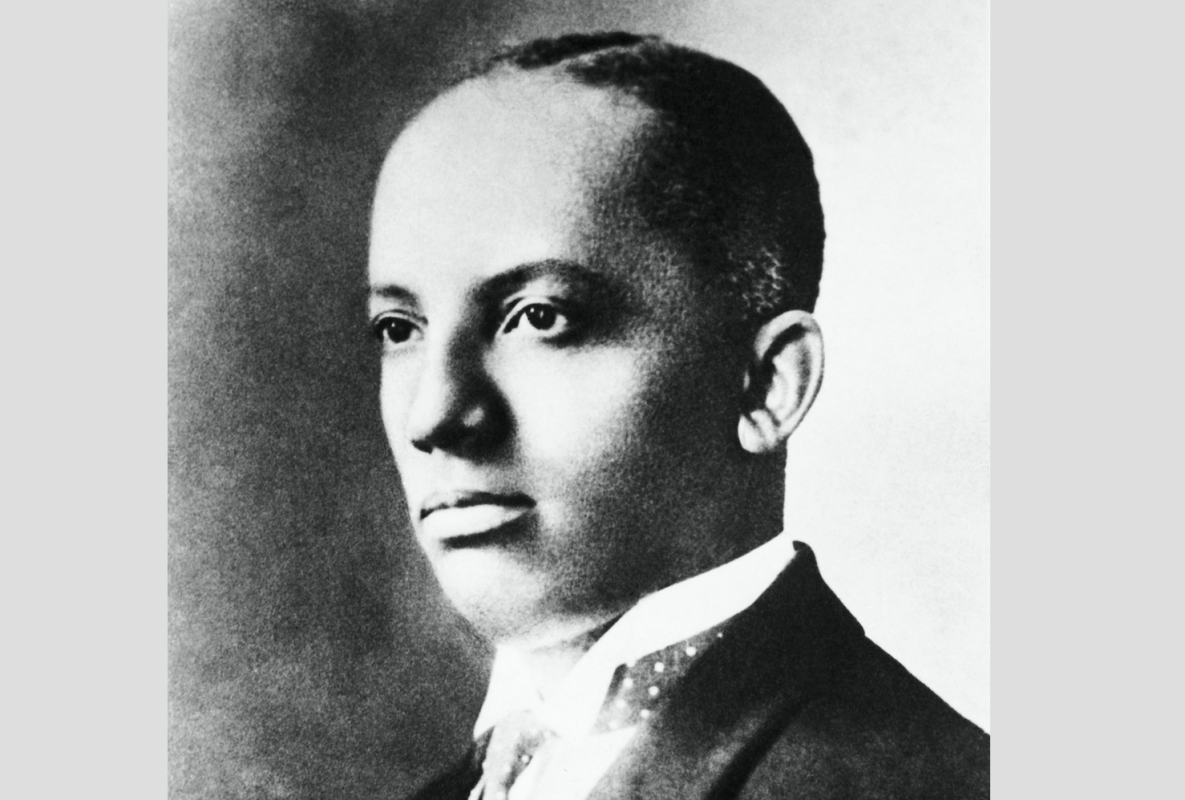The founder of Black History Month, Carter G. Woodson, a historian, scholar and educator known as the “father of black history,” once challenged the existence of racism against African Americans in a forgotten manuscript.
Woodson, the son of former slaves who spent his life advocating for scholarly research, study and publication of works about the African American experience, wrote a manuscript that wasn’t discovered until 2005 — 55 years after his death, The Washington Post reported. The typewritten document, titled “The Case of the Negro,” was unearthed by Daryl Michael Scott, a history professor at Howard University.
“I came across an envelope,” Scott recalled to the Post. “I knew it was Woodson’s writing when I opened the envelope. It was clear the language in the manuscript was Woodson’s.”
“Exactly what the Negro is in the anthropological sense is no more a perplexing question than the racial origin of the so-called white man,” Woodson’s manuscript reads. “The average Caucasian is no nearer the representative of a single type and in many cases no nearer to the actual white man than many so-called Negroes.”
Scott, who had read virtually everything that Woodson had written and knew his life story, had never seen this manuscript but, through research, discovered that Woodson had written it at the request of two black men. They wanted the scholar to write a paper rebutting a 1912 book, “Present Forces in Negro Progress,” written by W.D. Weatherford, a white patron of black intellectuals who was also a racist, dismissing black people as “a tropical race best fit for thriving in Africa,” according to Scott.
Woodson’s rebuttal in “The Case of the Negro” was a cutting social criticism of white racism and a defense of the black race, the Post wrote, and it showed a radical side of Woodson, Scott said.
He was able to conclude that when Woodson completed his rebuttal, the two black men who commissioned his work backed out and is likely that Woodson decided not to publish the manuscript because he did not want to anger financial backers.
Thanks for reading InsideHook. Sign up for our daily newsletter and be in the know.


















